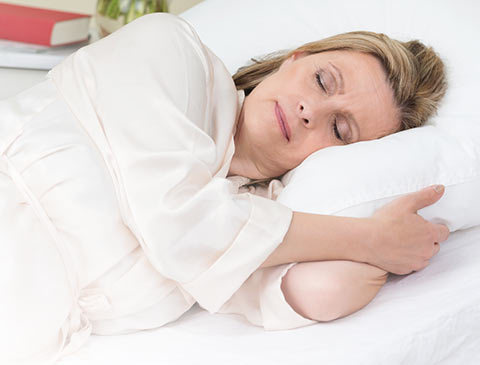Neuropsychology Of Sleep, Treatment Of Insomnia And Nightmares
Insomnia is often a sleep issue in which folks are not able to fall asleep or stay asleep. Most Australians experience insomnia at some stage in their lives, and about 10 % everyone has no less than mild insomnia at the same time. It’s more prevalent ladies and older people.

Insomnia may include:
difficulty going to sleep
awakening when asleep and achieving trouble returning to sleep
getting out of bed too early
Sometimes people experience the three.
Some individuals experience insomnia for the small amount of time, by way of example if they’re worried or stressed. But not insomnia is chronic (called chronic insomnia disorder), meaning everyone has trouble falling or staying asleep for around A few months, as well as being impaired in the daytime.
Which are the signs of insomnia?
People experience insomnia differently. A number of the symptoms of insomnia are:
having trouble dropping off to sleep
waking a lot at night time
getting out of bed too early and being unable to return to sleep
not feeling refreshed whenever you awaken
Insomnia can cause the subsequent symptoms in daytime:
tension headaches
feeling tired or being too sleepy to complete normal activities
poor memory and concentration
being concerned about sleeping
feeling irritable or moody
being hyperactive, aggressive or impulsive
losing desire for doing things
reduced energy and motivation
feeling sleepy when sitting quietly
What may cause insomnia?
Sometimes there is no underlying cause of insomnia. This is known as primary insomnia.
Sometimes there’s an underlying cause such as a our health and wellbeing condition, anxiety, depression or sleep disorder. This is known as secondary insomnia.
Insomnia could be worsened by:
poor sleep habits (sleep hygiene)
substances including caffeine, nicotine, alcohol, amphetamines and some prescription medicines
stress, due to work or financial problems, relationship issues or grief
health concerns, especially conditions causing pain, hormone changes (e.g. hot flushes and night sweating during menopause), and breathing, urinary or flatulence
mental medical problems – insomnia can be quite a symptom of anxiety, depression or another disorders
problems with sleep, including obstructive sleep apnoea, circadian rhythm disorders brought on by irregular sleep patterns, restless legs syndrome and periodic limb movement
life stage – seniors will have insomnia
shift work – people that work different shifts often do not sleep as well as people who work set hours in daytime
When do i need to see my doctor?
It is a wise decision to talk to your doctor if you’re having problems sleeping or perhaps you are receiving difficulties with your mood, feeling restless while having sex, snoring badly or getting up not feeling refreshed. Keeping a sleep diary is a great approach to track symptoms, which you’ll want to tell your quality of life professional.
We apply CBT-I to solve your insomnia problems quickly. Are you feeling tired as a result of insomnia? Do you dread likely to work? Do you experience feeling anxious inside your relationships? Get a life in 6 sessions, and without chemistry. We greet you online, inside the convenience of your cocoon, including on weekends for your outings. CBT-I (CBT-I), Cognitive-Behavioral Therapy for Insomnia, is definitely an advanced scientific method with demonstrated effectiveness in a popular.
State-licensed psychologist (France), university degree in neuropsychology, certified hypnotist (France), Ecole Normale Superieure d’Ulm graduate, Columbia University visiting student.
To get more information about foam pillow visit this popular web page
